Does your image of Sex and the City creater Candace Bushnell involve Jimmy Choos, non-stop clubbing, and copious amounts of acerbic bon mots and raunchy sex?
Then be prepared to drop your cosmo! My telephone interview with the 60-year-old author to mark the release of her ninth book, Is There Still Sex in the City?—which looks at life through the lens of those who have experienced marriage, divorce, the death of loved ones, and the onset of middle-aged-woman syndrome heralded by sudden invisibility—reveals a new Candace. One with softened edges and appetites. She has said that nowadays her alcohol allotment is two glasses of wine with ice reserved for dinner with friends, and she partakes of only the occasional joint.
Candace first caught the zeitgeist in the ‘90s with her column for the NY Observer detailing the dating habits of 30-something women. From “Mr. Big Wants to Be With Someone ‘Normal’”: “She hadn’t expected to break up that weekend. She was expecting to remain in a holding pattern. Hating him, loathing herself. Going through the motions of the relationship.” The column morphed into a 1997 book that spawned the HBO mega-hit and two movies. Diehard SATC fans still hope for a third!
While Candace regularly posts photos of herself on Instagram with millionaire property developer Jim Coleman, whom she calls MNB—My New Boyfriend—she’s no longer espousing the quest for Mr. Big. Rather, at this stage she writes about how important it is to find security and confidence within ourselves instead of from a relationship. We need to become, well, Ms. Big!
Read More: How An Article About Extreme Plastic Surgery Turned Into the Hit TV Show ‘Younger’
Why did Instagram temporarily block the spoof video you posted about a phenomenon you describe in the new book as “cubbing” middle aged women dating young men?
The tech world is oriented toward a certain young male mindset that is not in favor of women over 50 who are not their demographic. The video of me joking with two young men includes a chyron (caption) that says: Age difference: 35 years. Maybe that ticked them off. I don’t know, but their algorithm thought it was an ad for a sex toy.
At least you quickly shamed them into running it! We can imagine how they would have reacted if you’d done a video about another phenomenon you discuss in the book—the Mona Lisa (a series of five-minute laser treatments geared toward restoring the elasticity of the vagina). I’ve done it and found the very treatment helpful, though not to the extent you write about in your book where, post-Mona Lisa, a few women left their age-appropriate husbands for younger guys who could keep up with them.
Now you’re making me think I should do the Mona Lisa.
I’m glad I did it. So how do you suggest we deal with the physical indignities aging foists on us?
Every person has to decide what feels comfortable for her. And a lot of this stuff is expensive. If there was a pill women could take to just make everything easy again, a lot of them would be really interested in that pill. Most of the women I know personally accept they’re getting older and are going to do the best they can with the cards they’re dealt. Your looks aren’t going to save you because you don’t have them anymore. No one’s coming along to rescue you. It’s a time to become self-reliant. But hey, if I could afford to have a little too much plastic surgery I probably would.
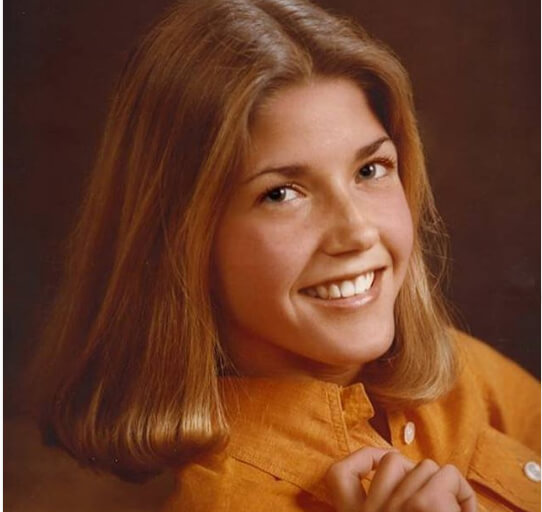
Candace Bushnell at 16. Image: Candace Bushnell/Instagram
How should we recreate ourselves at this stage—especially after divorce or some other huge life shift?
When you divorce in your 40s, it still feels like you’re gonna find a guy. Getting divorced in your 50s, you realize pretty quickly it’s not that easy. You wonder, What is my place in the world? Why am I here? A lot of women had let their career slide to take care of the kids. You think you have a nice marriage, and then the guy lets you down. It’s a bit of an existential crisis. You’re going through so much. It’s not your fault, but you don’t know what to do. And you’re going from having a reproductive brain to a non-reproductive brain. A friend said, “After menopause you realize: it was all hormones!”
This generation of women entered the workforce in the ‘80s and ‘90s. We’re doers who are used to being out in the world and going for things. That helps. But it can also make for frustration. The work world is ageist. Our voices aren’t wanted. That goes for men, too. Back 50 years, 100 years ago this didn’t really matter because people weren’t going to live that long. But this period can also be a time of reinvention where you try something you always wanted to do but hadn’t because of obligations to family and children and all kinds of things.
You married at 43 for the first time, and nine years in your husband (ballet dancer Charles Askegard) suddenly says, “I’m done.” What was that period like for you?
I grew up riding horses, and when you’re riding horses you know an accident can happen at any moment. And when an accident happens, you can’t just stand there and scream. You have to do something.
It’s shocking to be asked for a divorce, even if you have an inkling that things are going badly. It was crappy—no way around it. I was too busy to deal with it. I was working really, really hard trying to make money, under a lot of work stress. Suddenly you’ve got lawyers in your life and all kinds of unexpected things. My ex-husband was reasonable, and there were no kids, so luckily it wasn’t a protracted thing.
You and Jim Coleman have been seeing each other since 2017. Would you ever consider remarrying?
If it made sense and felt right, I could see myself marrying again. Why not? On the other hand, if it doesn’t happen, that’s okay too.
Read More: “Will I Survive This Divorce?” Beverly Willett Chronicles Her Journey in a New Memoir
I read that in 1994 you were investigating rumors about Jeffrey Epstein for The NY Observer but were practically thrown out of his townhouse and threatened. What happened?
My editor thought we should do a profile on Epstein. All I’d heard was something about parties with models on his private planes. I hadn’t heard of him raping anyone or doing sex trafficking. But there was something sketchy about how he made his money. I went to a cocktail party at his house and asked questions, snooping around, trying to get information. I was asked to leave, which I did because you don’t fool around with these people! When everything came out, I thought, Well, someone’s finally about to get him!

Image: Candace Bushnell/Instagram and STMag
This new book is as wickedly funny and full of razor-sharp observations as your earlier stuff, but there is a softer, more sensitive tone. Have the trials of life mellowed you?
Young people can be mean. Twenty-somethings and 30-somethings are trying to get ahead in life. There is a real distrust of the system. You just see the beginning and maybe a little of the middle of people’s lives, but you don’t see the whole of life until you get older. Then you realize everyone’s kind of a victim of the system. So you get a little kinder.
I’ve heard Is There Still Sex in the City? will be turned into a TV series. How far along are you in that process?
Paramount approached us about developing the project before the book was technically finished. When it gets a little further along we take it out to streamers like HBO/Netflix/Paramount.
While things opened up in a lot of ways for women in the 20-plus years between Sex and the City and the sequel, these are frightening times. How do you advise women handle the current repressive atmosphere?
We should get as much knowledge and as much of the money as we can—I’m not kidding. We’ve got to keep being out there, being in the game, being at the table!
***
Sherry Amatenstein, LCSW, is a NYC-based therapist, author of three relationship self-help books and editor of the anthology How Does That Make You Feel: True Confessions from Both Sides of the Therapy Couch. She has contributed to many publications including New York, Washington Post, This Week, Reader’s Digest, Observer and vox.com.


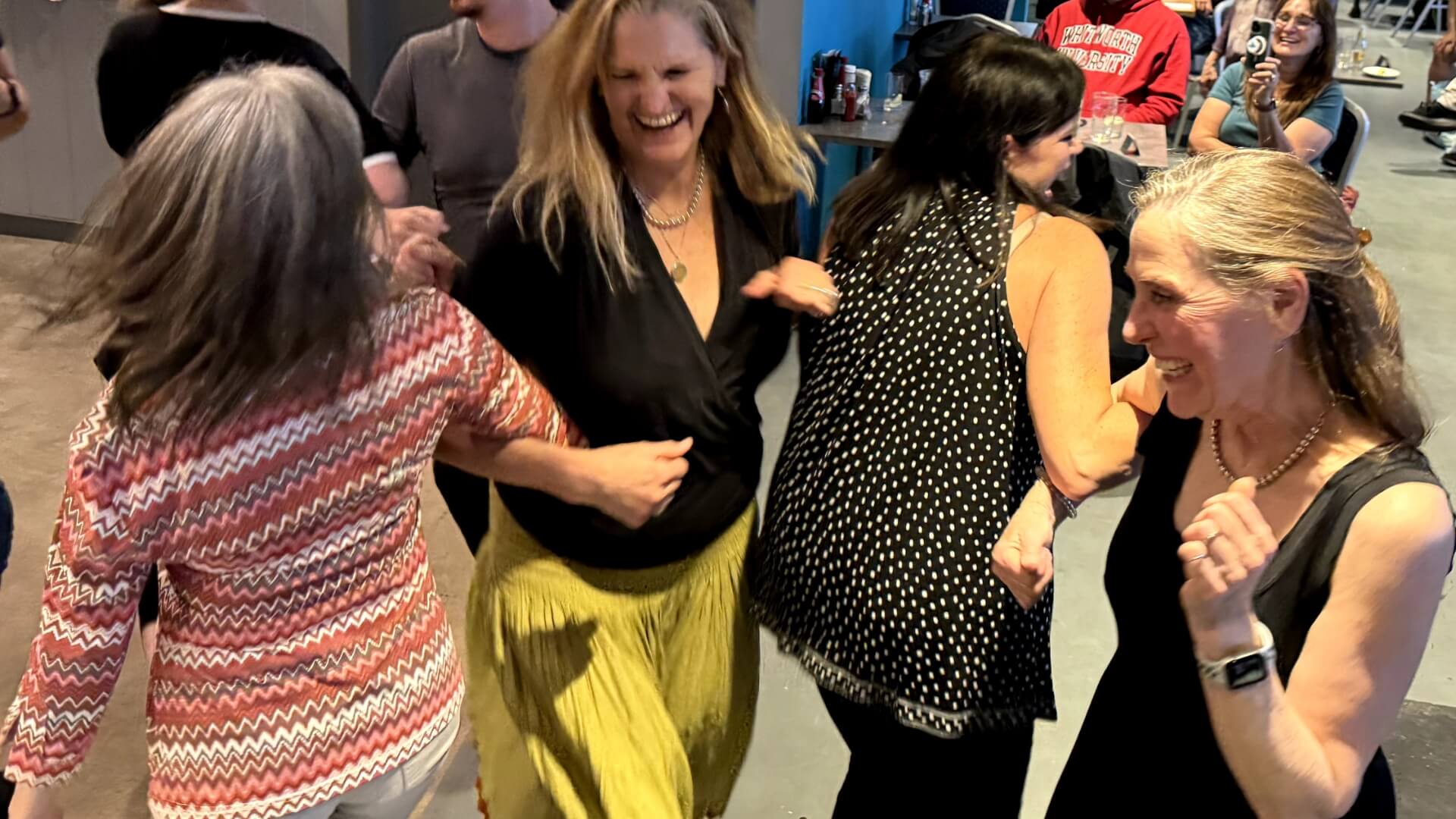




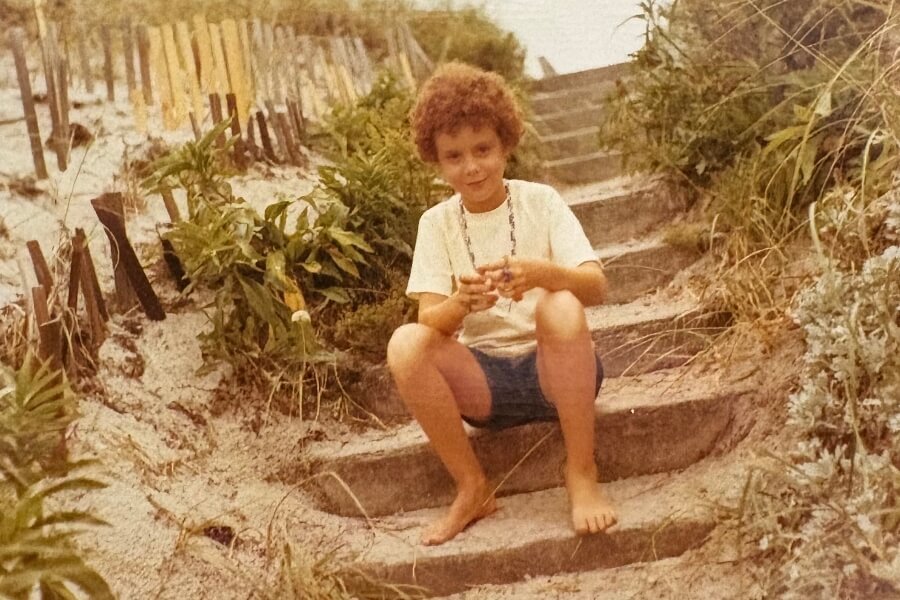









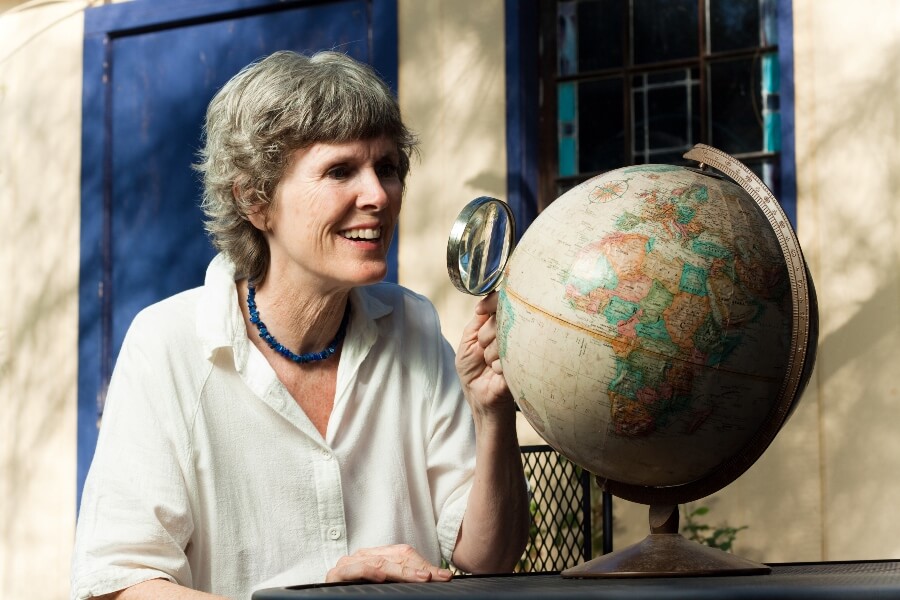
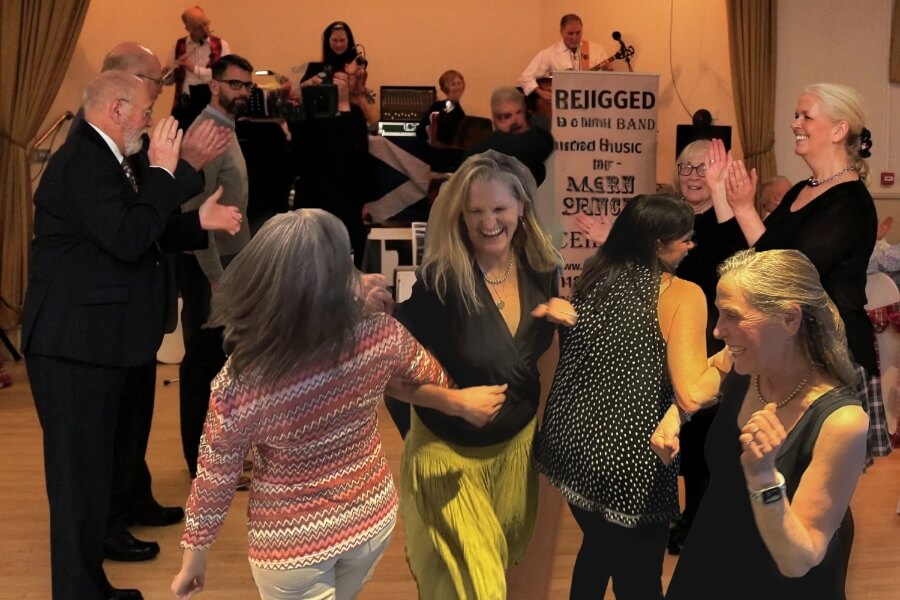

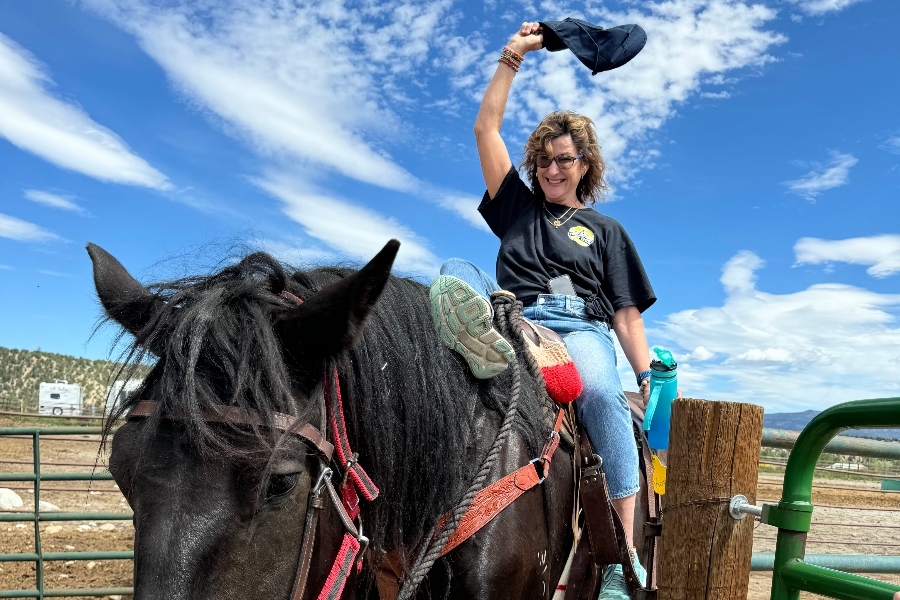


0 Comments